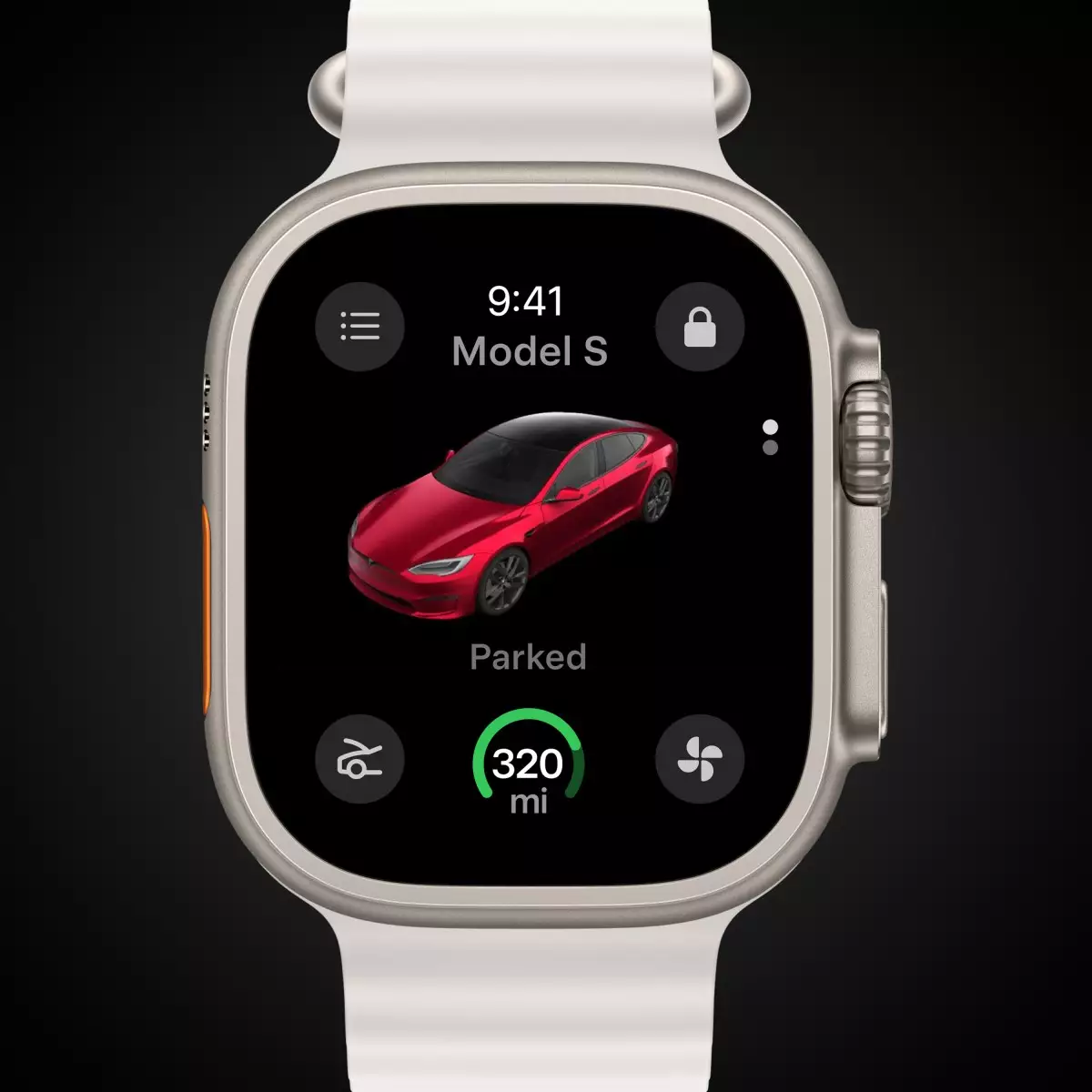In the landscape of modern technology, few entities are as deeply entrenched in global markets as Apple and Tesla. Recent revelations concerning President Trump’s tariffs have thrown a looming shadow over their operations. Analyst Dan Ives from Wedbush Securities has issued stark price target reductions for both companies, driving home a point about the dangers of over-reliance on international supply chains. As Ives articulates, “the tariff economic Armageddon unleashed by Trump” is particularly detrimental for Apple, given its staggering dependence on Chinese manufacturing. With a staggering 90% of iPhones produced in China, it’s a precarious position that raises alarms over the sustainability of its growth trajectory.
Apple: The Chinese Connection
Apple stands at a troublesome crossroads. The company’s substantial production presence in China has become a double-edged sword; while it advantages from low production costs, it also exposes the company to heightened risks due to geopolitical tensions and tariff impositions. Ives has slashed Apple’s price target by $75, bringing it down to $250 per share, quite a steep discount given that the stock currently sits at $180. This isn’t just some market fluctuation; it’s a call to arms for investors who might need to rethink their positions in light of such volatile external forces. As tariffs loom, the very essence of Apple’s product line, heavily reliant on Chinese manufacturing, may come under increasing scrutiny, potentially disrupting its operational rhythm.
Tesla: Politics and Perception
While Tesla has historically been viewed as a symbol of innovation and sustainability, it is now navigating treacherous waters. Alongside tariff issues, Musk’s polarizing political affiliations appear to have further complicated Tesla’s market persona. Ives has adjusted the price target for Tesla from $550 to $315, a reduction laden with implications, particularly given that the current share price languishes near $233.94. Musk’s connection to Trump and the policies that accompany that relationship have initiated a brand crisis, alienating consumers in critical markets including the U.S. and Europe. The political weight of this association has driven some consumers toward homegrown competitors like BYD, suggesting that Tesla’s inelegant brand maneuvering is risking its once-loyal customer base.
Brand Image and Market Dynamics
As Ives aptly noted, Tesla has essentially morphed into a political symbol on the global stage—a reality that necessitates a thoughtful response from its CEO. In a climate so rife with uncertainty and volatility, leadership entails more than just promising innovation; it requires a profound engagement with public sentiment. If Musk fails to recalibrate his public image and align with broader consumer anxieties, the consequences for Tesla could be dire in a market that thrives on perception as much as performance.
As both Apple and Tesla grapple with external pressures guaranteed to reshape their operational landscapes, it becomes increasingly evident that the path forward is riddled with risk. These tech giants must adapt swiftly to a reality where tariffs can thwart growth and where the political affiliations of their leadership steer consumer loyalty. The stakes have never been higher, and both companies need to navigate this turbulence with strategic foresight.

